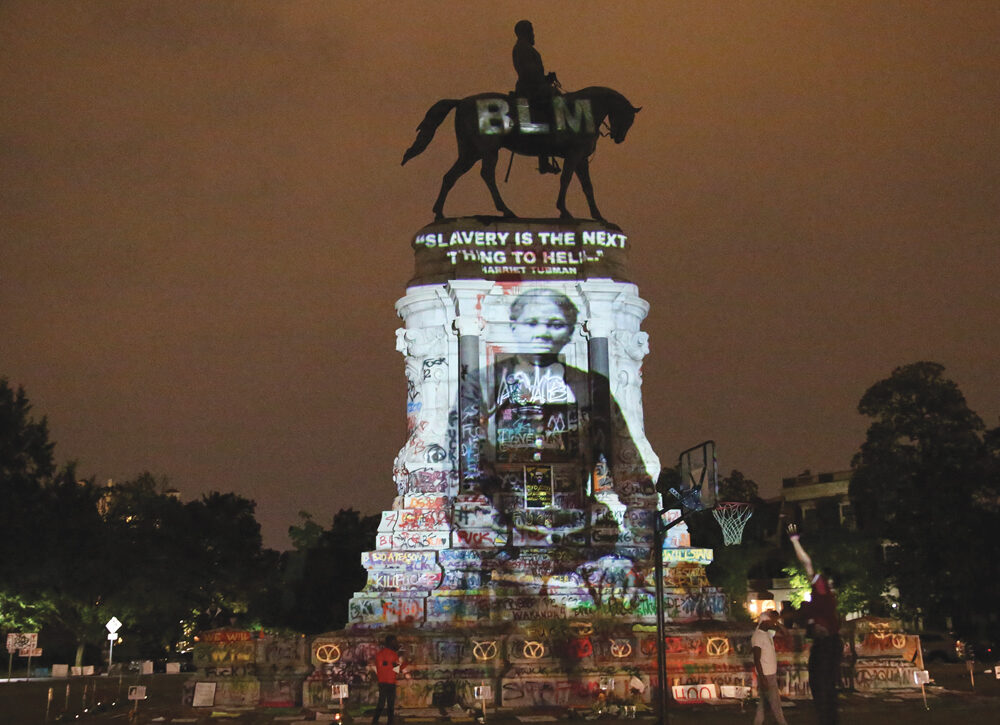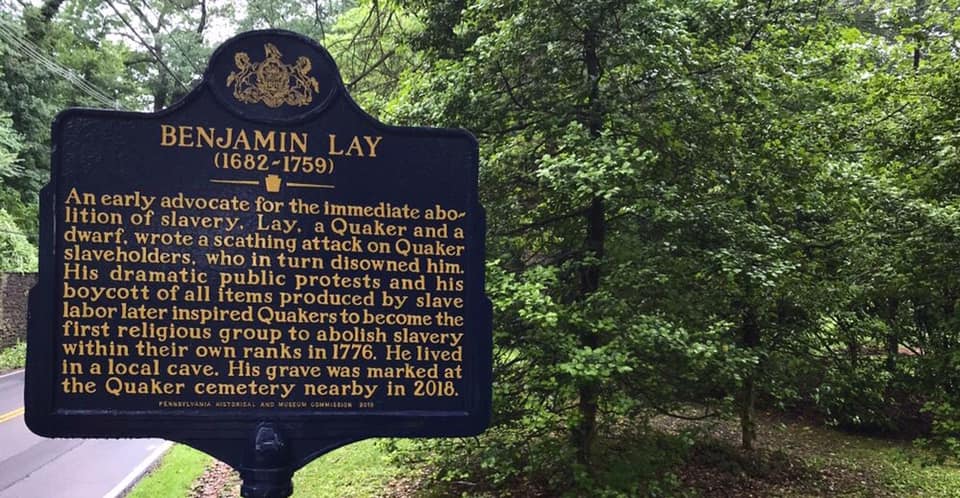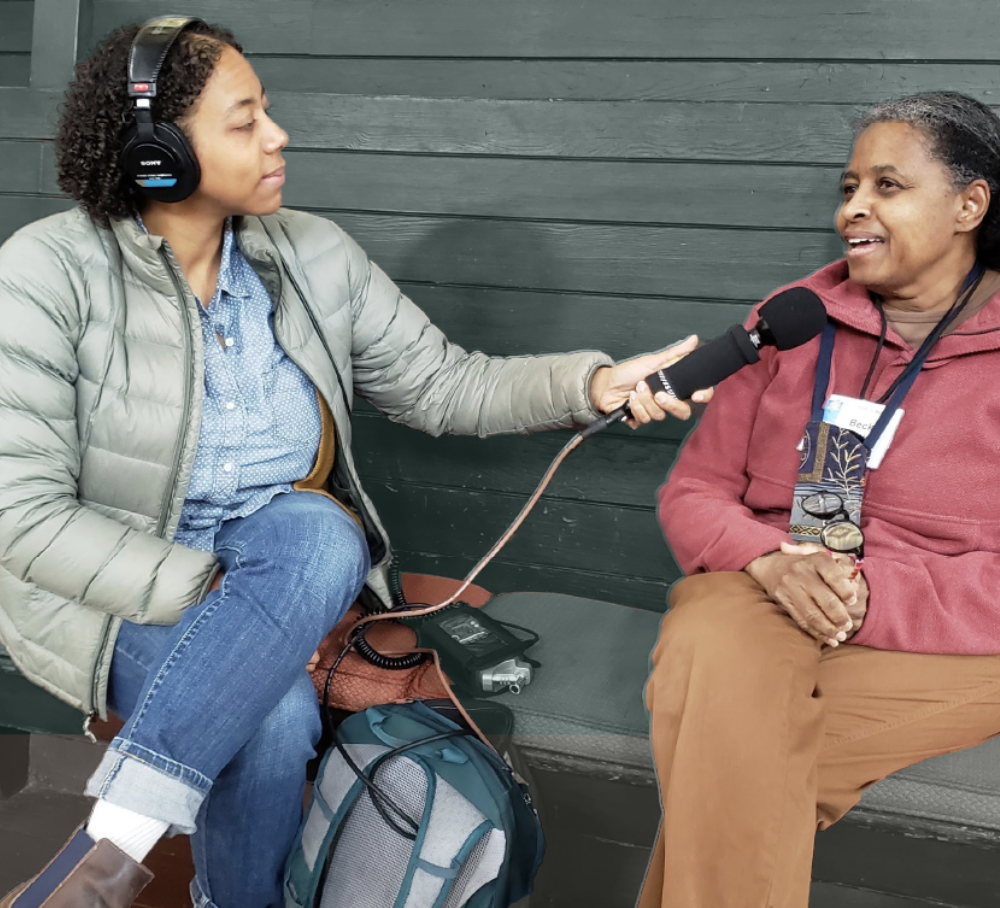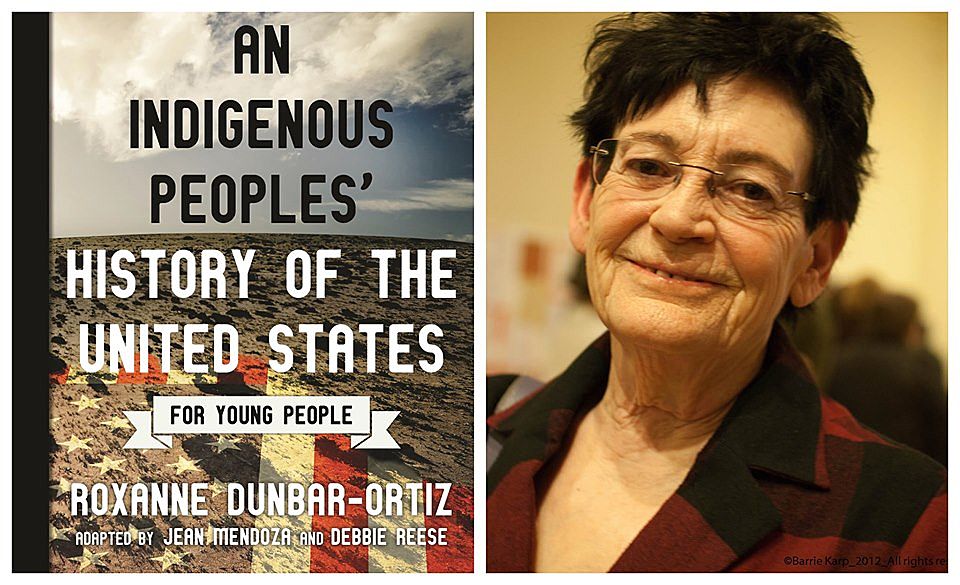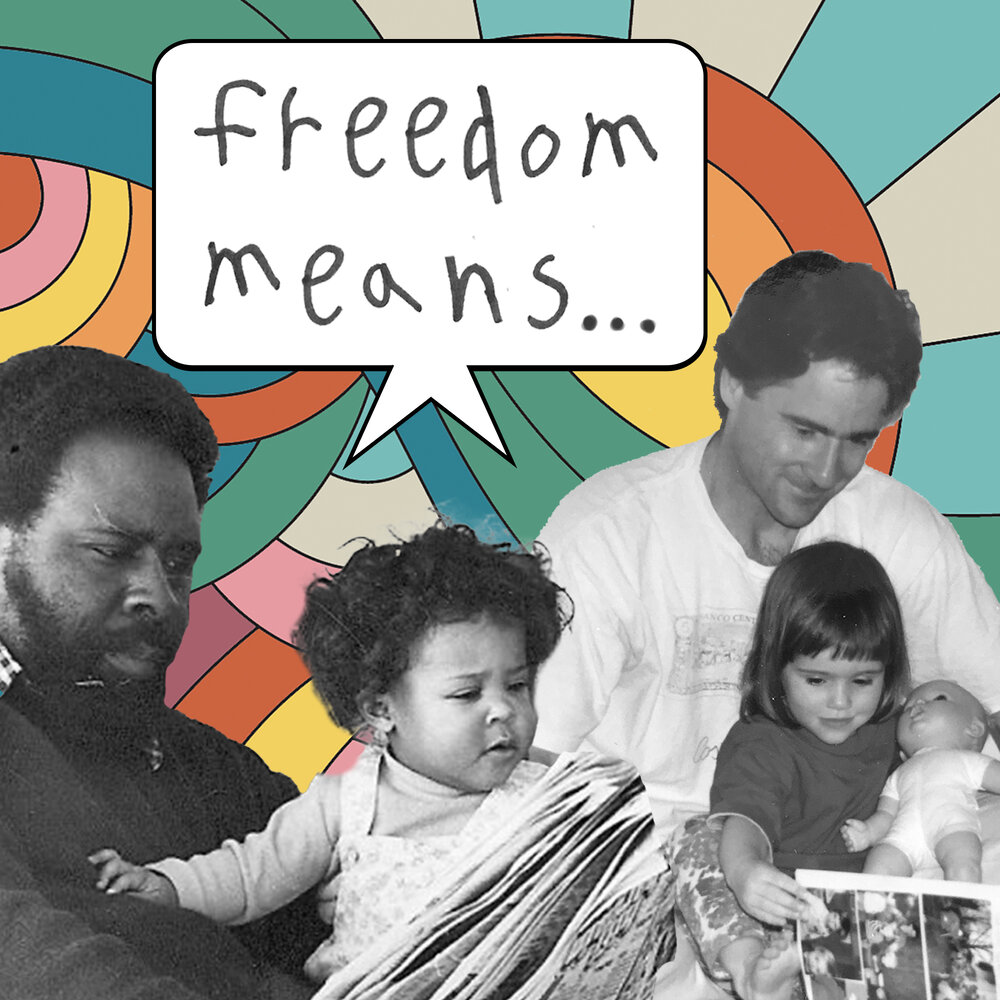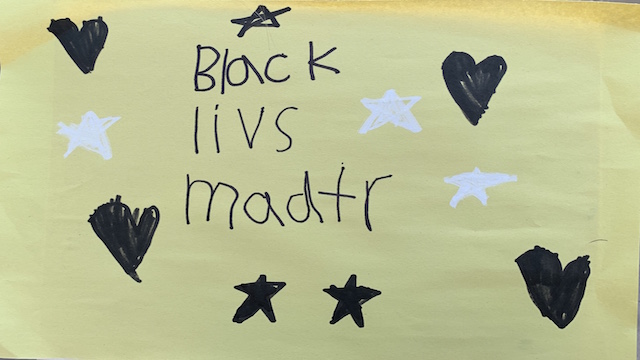“Reparations and Transgenerational Healing” – Lucy Duncan with editorial support from Robert Peagler (Friends Journal, 1/1/23)
Addressing Racism
Divesting from White Supremacy: Reparations as the Next Phase of Benjamin Lay’s Prophetic Vision
In April 2023, Abington Meeting hosted the inaugural Benjamin Lay Lecture, “Divesting from White Supremacy: Reparations as the Next Phase of Benjamin Lay’s Prophetic Vision” by Lucy Duncan and Rob Peagler
Quaker Podcasts
- Quakers Today by Friends Journal
- QuakerSpeak Podcast
- Thee Quaker Project
- Clearly Quaker Podcast
- The Seed: Conversations for Radical Hope (Pendle Hill podcast)
Choosing Excellent Children’s Books By & About American Indians
Freedom Means Podcast
Freedom Means – How to talk to young people about justice issues
The Freedom Means podcast is a thoughtful and engaging exploration of race, racial violence, and colonialism. Grace Aldrich and Emma Redden, the hosts of the podcast, use each episode to model what conversations about these complex topics could sound like. They role play different scenarios based on their own and listener’s experiences, and they offer insights and advice on how to talk to young people about these difficult issues.
One of the things I appreciate most about the Freedom Means podcast is the hosts’ willingness to be vulnerable. They share their own experiences of racism and white privilege, and they don’t shy away from talking about their own mistakes. This makes the podcast feel authentic and relatable, and it helps to create a safe space for listeners to explore their own thoughts and feelings about these topics.
Another thing I appreciate about the podcast is the hosts’ commitment to providing resources. They often end each episode with a list of books, articles, and websites that listeners can check out for more information. This is a great way to help listeners learn more about the topics that are discussed on the podcast, and it’s also a great way to support the work of other educators and activists.
Overall, I highly recommend the Freedom Means podcast to anyone who is interested in learning more about race, racial violence, and colonialism. The hosts are knowledgeable and insightful, and they create a safe and supportive space for listeners to explore these important topics.
Here are some of the things that I liked about the podcast:
- The hosts are thoughtful and engaging.
- The podcast is well-researched.
- The podcast provides resources for listeners.
- The podcast is a safe and supportive space for listeners to explore difficult topics.
Here are some of the things that I would like to see in future episodes:
- More discussion of the history of race and racism in the United States.
- More discussion of the experiences of people of color from different backgrounds.
- More discussion of how to challenge white supremacy in our own lives.
Overall, I think the Freedom Means podcast is a valuable resource for anyone who is interested in learning more about race, racial violence, and colonialism. I would highly recommend it to anyone who is looking for a thoughtful and engaging podcast on these important topics.
Racial Justice Curricula and Resources for Children
Talking with Children About Racism and Inclusion
- Talking About Racial Injustice with Children (a collection of resources for families and adults who work with children, June 2020)
- Talking to Children after Racial Incidents An interview with Howard Stevenson, a clinical psychologist at Penn Graduate School of Education.
- Table Talk: Family Conversations about Current Events Links to specific current events and guidance for parents, families, and caregivers. Also: Explaining the News to Our Kids on the Common Sense Media website.
- Coming Together: Talking to Children About Race and Identity Developmentally appropriate resources from Sesame Street for exploring racial justice and celebrating identity with young children. It’s Sesame Street, so there are songs, stories, activities, and familiar furry friends to help.
Resources for Anti-Racism Learning and Action
- Black Lives Matter Instructional Library (several books, across ages)
- Compiled by Pheobe Defino. An excellent collection of children’s racial justice books all in read-aloud format. Sections/shelves focusing on: Activism and Advocacy, Self-love and Empowerment, Black History, Libros en Espanol, Additional Resources and Contact.
- Children and Youth Resources Exploring Racism and Racial Justice (by Melinda Wenner Bradley, PYM) list of websites, blogs, online articles, curricula and children’s literature that begins with framing queries:
- How do we approach the work of teaching/learning about undoing racism for both Friends of European and African descent? Other People of Color?
- What scaffolding or tools can we create/recommend for working with a book resource? (queries, wondering questions, etc.)
- How do we prepare the way in our meetings and RE programs for ALL children to feel welcomed, included and fully participatory in the Religious Society of Friends? How do we signal welcome and inclusion to visitors?
- Racial Justice Curriculum for Young Friends (by Lisa Graustein, New England Yearly Meeting, for middle and high-school age Friends)
- “Something Happened in Our Town” — lesson based on a children’s story about racial injustice, told from two perspectives, that of a Black family and a white family. Created by Friends at Madison Meeting in Northern Yearly Meeting
- Protest Song Activity (created by the KidsBridge Center)
Native Justice
- Choosing Excellent Children’s Books By & About American Indians
created by the The Indian Affairs Committee of Salem Quarter, guidance for choosing books; there are many newer picture books which center the voices of Native people! - Children’s Books on Indigenous Residential Schools & Forced Assimilation:
- Art Activity for Remembrance and Healing for Native American Boarding Schools
- “Decolonizing Thanksgiving Is An Oxymoron – Kids Books Dismantling The Myth of a ‘First Thanksgiving’”
“Rethinking Thanksgiving” from Northstar Educational Explorations is a good resource for reexamining the holiday and history behind it to teach children the truth of Thanksgiving – modeling generosity and gratitude all year long – while remembering the violent history of colonization.
